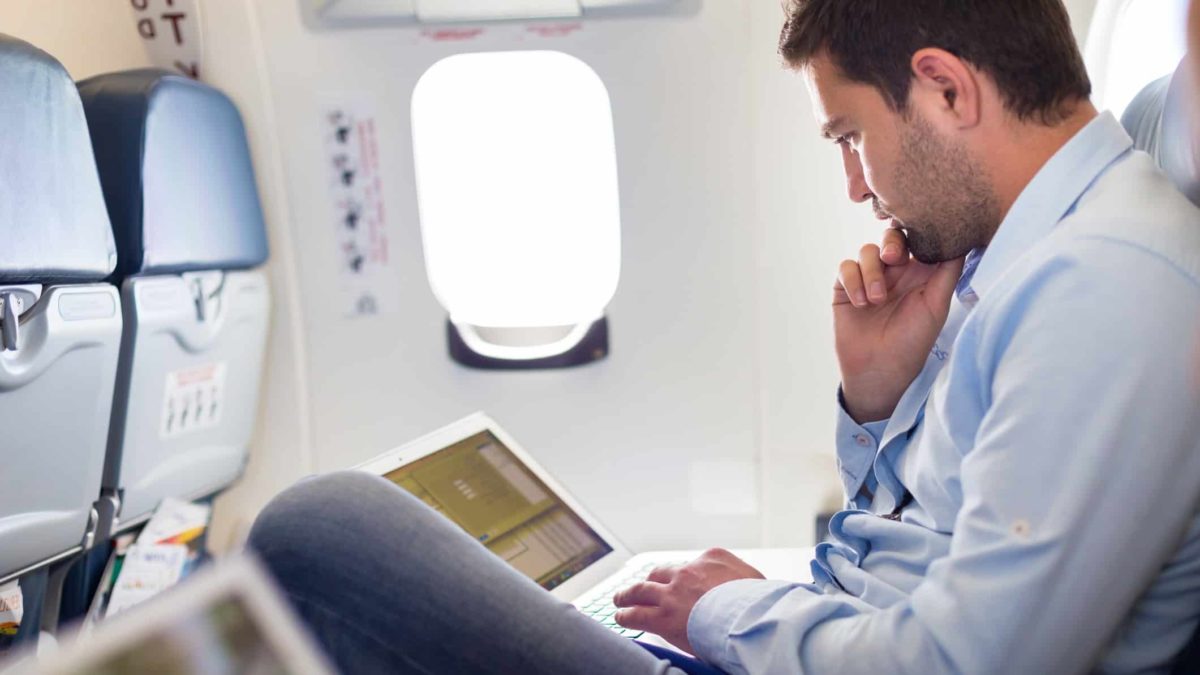Qantas Airways Limited (ASX: QAN) shares have risen by more than 50% in FY23 as revenge travel allows the airline to generate record profits amid elevated ticket prices and a restricted supply of planes.
Australia's biggest airline is forecasting an all-time record profit of between $2.425 billion and $2.475 billion for FY23.
Qantas says high demand, high ticket prices, and reduced fuel costs are creating strong revenue at the moment.
But what lies ahead for the company's shares in FY24?
The outlook for Qantas shares next financial year
Top broker Goldman Sachs has Qantas shares on its coveted conviction buy list. The broker recently increased its 12-month share price target for Qantas from $8.30 to $8.50.
Morgans has the same share price target and an add rating on Qantas shares.
This implies a potential approximate 30% upside on Qantas shares from their current levels. This would also be a new all-time record.
Morgans says the airline's cost-cutting program has made it a leaner and meaner machine.
Its analysts "continue to view the discount being applied to QAN vs pre-COVID multiples as unwarranted".
Mark Landau, founder of L1 Capital goes as far as calling Qantas shares a possible "bargain" buy.
According to Landau (courtesy of the Australian Financial Review):
Shares are up by 400% since 2014 thanks to strong earnings growth, rather than a re-rate in its price to earnings multiple.
Management expect it to grow strongly at double digits over the next decade, and it's the number one player in a rational duopoly, with 65% market share in its main market.
John Athanasiou of Red Leaf Securities rates Qantas shares a hold.
He says (courtesy The Bull):
The airline is experiencing strong travel demand and flying activity has increased.
The company is a strong performer.
However, future travel demand is possibly factored into the share price at this point.
How does FY24 look for the airline industry?
According to The Age, the chief economist of the International Air Transport Association (IATA), Marie Owens-Thomsen, says the projected bumper $15 billion profit for the global airline industry in FY23 may be a one-off given the cost of living is rising and prices for international travel remain inflated.
She said:
You would think this cannot last forever and that the sweet part of this sweet spot is likely to wane going forward.
It's likely to be more of an issue when nominal interest rates are rising and economic growth is slowing.
Qantas shares rise on margin growth confidence
Qantas conducted its first investor day in four years in May.
In a presentation, the airline said it is "positioned to leverage unique competitive positions to deliver margin and earnings growth".
Qantas said post-COVID travel demand was "rebounding strongly" with leisure, resource, and charter demand now exceeding pre-pandemic levels.
Internal research shows twice as many people plan to fly domestically and 80% more plan to fly internationally over the next 12 months.
On top of that, Qantas expects international market supply constraints to remain for several years.
Qantas says it will take time to get its planes back in the sky after years of storage in the desert during COVID. A shortage of spare parts and labour is not helping.
On top of that, there have been delays with the manufacture of its new fleet.
Qantas expecting a 'step change' in earnings
Qantas says various operational changes prompted by COVID have "delivered a step change in earnings".
The company estimates its domestic Qantas EBIT margin will rise from about 15% pre-COVID to 18% in FY24 and its domestic Jetstar EBIT margin will rise from 14% pre-COVID to 15% in FY24.
Qantas estimates its Qantas international EBIT margin will rise from about 5% pre-COVID to more than 8% in FY24. Its future target margin beyond FY24 is 10% to 12%.
It estimates its Jetstar EBIT margin will rise from about 12% pre-COVID to 10% to 12% in FY24 and beyond.
Qantas is positioning both itself and its investors to enjoy more of that earnings pie.
Massive buyback of Qantas shares continues
Qantas recently announced a $100 million extension to its on-market share buyback.
The airline undertook a $400 million buyback in 2022. It announced another $500 million buyback in February in lieu of resuming dividends.
Buybacks are where companies buy back their own shares and cancel them. This reduces the number of shares on issue and typically raises a company's earnings per share (EPS).









